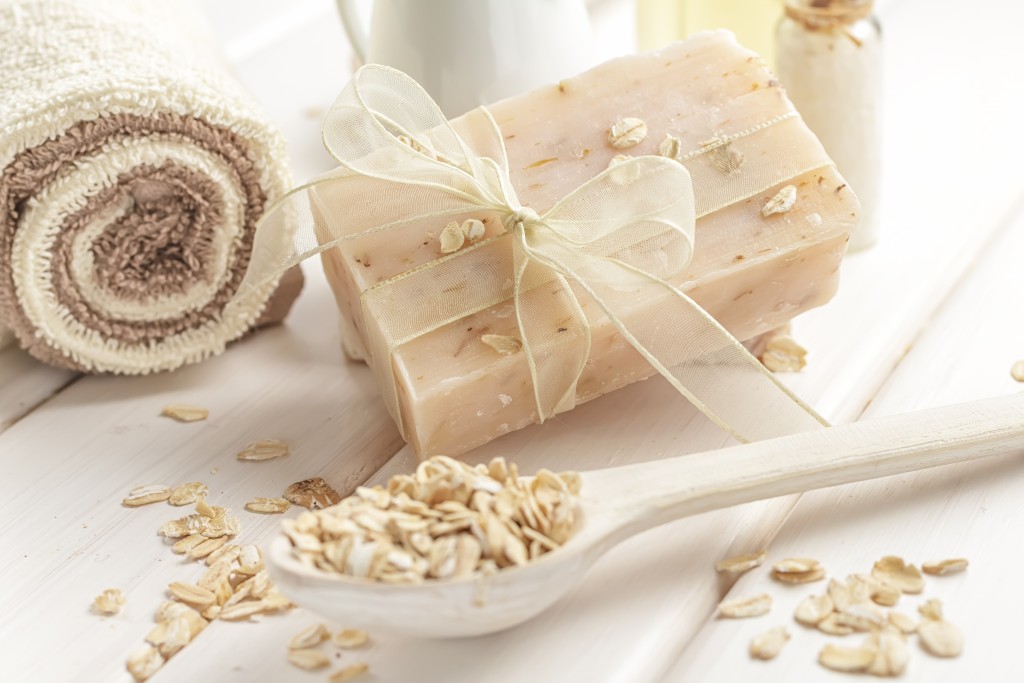Your skin deserves only the best care. You must be aware of what you apply to your skin. What you put to your skin, your body absorbs. If you slather unknown chemicals on your skin, your body will absorb them.
Natural or organic skincare has gained popularity in recent years. People are starting to appreciate natural ways of taking care of their skin. Skincare products made from organic ingredients have minimal to zero harmful chemicals and allergens, making them perfect for sensitive skin.
If you love making organic skincare products, why not start a natural skincare line? You used them and loved the results. You gifted them to your friends and family who asked where you bought them because hey, they loved it!
Starting your own skincare business is not easy, but it is not impossible. From creating your business plan to designing your custom cosmetic labels, here are the things that you should do to start your skincare business:
Create a Business Plan.
Your business plan is not only necessary when you apply for business loans. They are essential in running your business. Your business plan serves as your roadmap. Without a plan, it is easy to get lost in the day-to-day operations of your business that you forget where you are heading.
When creating a business plan, here are the things that you should ask yourself:
- What is your business all about?
- What are your mission and vision?
- Who is your target customer?
- What is your target market?
- What products will you offer?
- How will you manufacture your products?
- How will you market your product?
- Will you have a physical store? Will you sell online?
- What are your short-term goals for your business? What are your long-term goals?
Identify Your Products.
List down the skincare products that you want to sell. If your niche is natural skincare, you might include soap bars. Some natural soap bars that you can sell include Cacao Bar Soap, Honey Bar Soap, or bar soaps made with essential oils such as lavender, peppermint, rosemary, and lemon. You can also include shampoo and conditioner in liquid and bars, moisturizers, and body scrubs.
Check the FDA Guidelines.
The FDA regulates cosmetics and skincare products. Your products must be safe for your customers. Unless you use color additives, you do not need to seek FDA’s approval for your products before you sell them. You can use any ingredient in your skincare products, as long as it is not on the list of FDA’s restricted ingredients.
It is also helpful to check if your products fall under the jurisdiction of the Consumer Product Safety Commission. While you are not required to do so, FDA encourages small cosmetic companies to file their formulations in the Voluntary Cosmetic Registration Program.
Establish Your Manufacturing Process.
Even the FDA does not prohibit business owners from manufacturing skincare and cosmetic products in their homes. However, it is your responsibility to make your products in an environment that will not compromise the safety of your products.
Keep documents of your formulation. Include the date of production, your formula, your batch size, and the manufacturing process. Make sure to stock up on your lab scales, glassware, pH strips, stirring utensils, and sanitizing tools. Do not forget to use proper personal protective equipment for your safety as well.
Pack Your Products.
Your packaging matters. Your packaging should reflect your brand and what it stands for. If you want your brand to be eco-friendly, you will likely choose recyclable materials for your packaging. Your packaging should also match your brand and products.
For your liquid products, aside from the container itself, you have to choose the proper lid. Lids can affect user experience. You can select from pumps, dispensing caps, misters, or droppers. Be sure to select the right cover for your product.

Design Your Brand Logo and Label.
One way to make a mark with prospective customers is to create a brand logo that can make an impact. Effective branding can improve your brand recognition and recall. It can also make your brand seem more trustworthy. With an effective brand logo, you can encourage brand loyalty. You can hire a graphic artist to work on your brand logo and label. You can also consider high speed label applicators to ensure better labeling.
You can use custom cosmetic labels in your products to make them more marketable. Beautiful packaging can make you stand out.
Build Your E-commerce Site.
If you decide to sell your products online, ask a website developer to build you a user-friendly e-commerce site. It must be easy to navigate to make your customer’s shopping experience pleasant.
Setting up your own line products will take a lot of work. You will need to do some research, and you might need to find a mentor who can give you advice and guidance.



